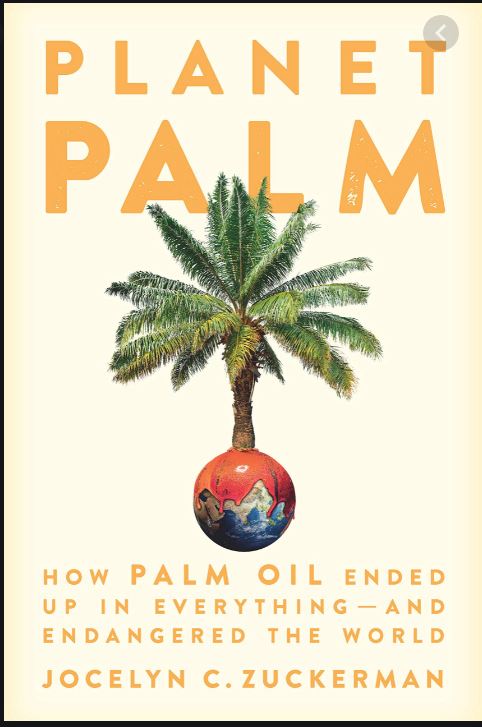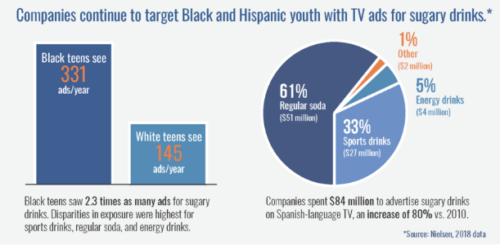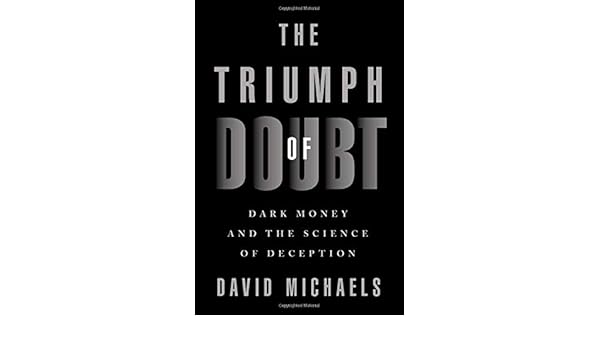The FDA under siege
My book talk today: Online with NYU’s Fales Library in conversation with Clark Wolf. 5:00-6:00 p.m. Registration is HERE.
******
The FDA has come under heavy criticism this year for its failure to handle the infant formula crisis adequately and for its internal disorganization and lack of leadership.
To deal with this, the FDA commissioned the Reagan Udall Foundation for the FDA to do an operational evaluation of its human foods and tobacco programs. This Foundation is “an independent 501(c)(3) organization created by Congress ‘to advance the mission of the FDA to modernize medical, veterinary, food, food ingredient, and cosmetic product development, accelerate innovation, and enhance product safety.’”
As announced on July 19, 2022, the Reagan-Udall Foundation will facilitate, via two Independent Expert Panels, operational evaluations of FDA’s human foods and tobacco programs. Each evaluation will yield a report with operational recommendations to the FDA: one for human foods and the other for tobacco. Each evaluation, and therefore report delivery, is on its own 60-business-day timeline. Both reports will be delivered to the FDA Commissioner and made available to the public.
The Foundation began its work by
- Appointing a committee to oversee the evaluation
- Opening a stakeholder portal where you can file anonymous comments
- Holding hearings: Agenda
The two-day hearings were held right after the White House Conference on Hunger. Videos are posted on YouTube
As far as I can tell, no reporter covered these hearings except for Helena Bottemiller Evich at Food Fix, which is what makes her newsletter an invaluable resource and essential to subscribe to (at least for me).
Her overview:
Wow, were people honest in their assessment of shortfalls at the agency.
There was a strong consensus among the nearly three-dozen experts who spoke that things are not working very well and serious changes are needed. The panel got an earful about problems with leadership structure, culture, inadequate funding and staffing, poor oversight of inspections and a lack of responsiveness to the public and Capitol Hill – as well as plenty of complaints about how painfully long it takes to get anything done.
If all of this sounds familiar, that’s because it is. I’m sure you are all tired of me referencing this, but I did an investigative piece on FDA earlier this year, based on more than 50 interviews, that found many of the same things.
Her piece goes into the details. Subscribe and you can read them.
More complaints
- One criticism of this entire procedure is that the Center for Veterinary Medicine (CVM) was excluded from the review. This is a serious oversight, as noted by a letter from several groups to the FDA.
- Senator Richard Burr says in a letter to the FDA that he won’t support funding until the agency cleans up its ac
We only have one food supply: it serves people and animals inextricably (an issue discussed in my books Feed Your Pet Right and Pet Food Politics).
In the meantime I want to know: Why aren’t more journalists covering this issue?
The FDA is responsible for regulating the safety and health of 80% of the foods we eat. If we want foods to be safe and healthy, we need a strong, vigilant FDA willing to stand up to lobbying and industry pressure.
This needs press attention.
The Reagan Udall Foundation has to issue reports within the next couple of months. Let’s see how well those reports reflect what was said at the hearings.
***********
For 30% off, go to www.ucpress.edu/9780520384156. Use code 21W2240 at checkout.







